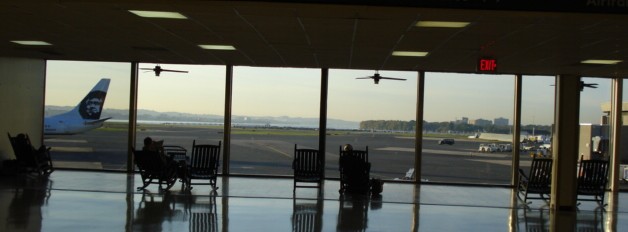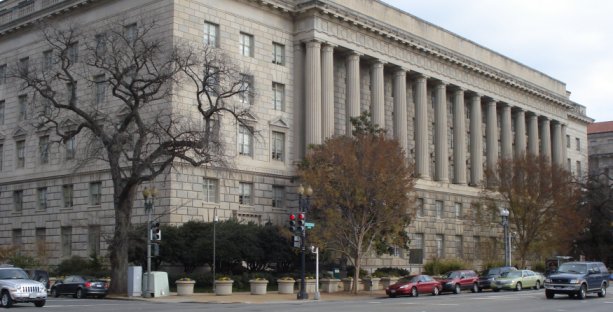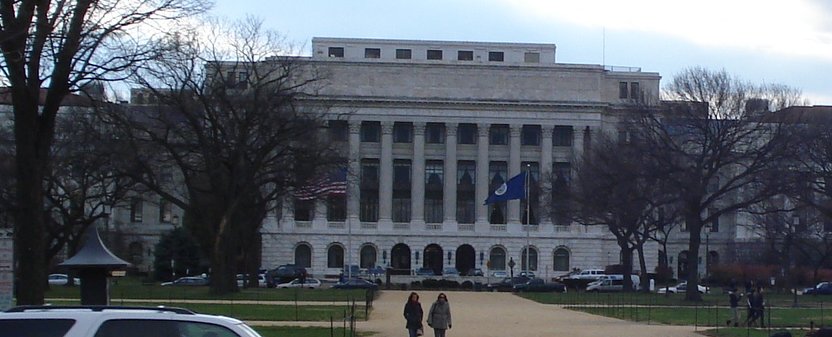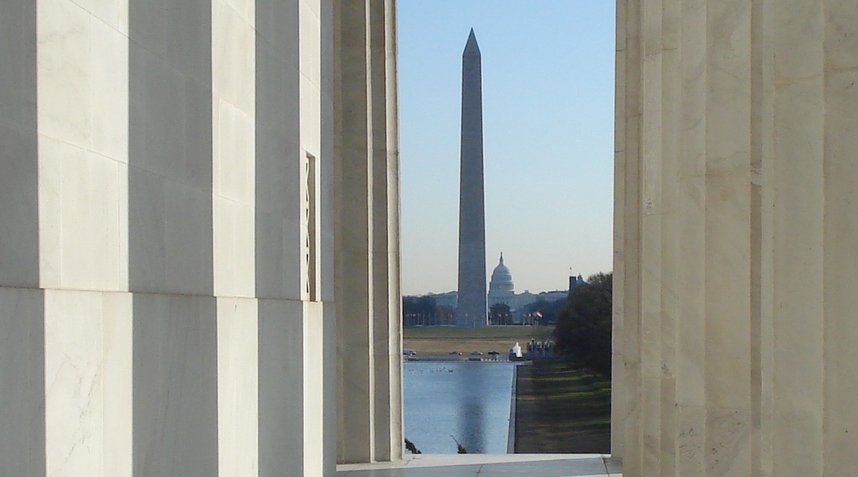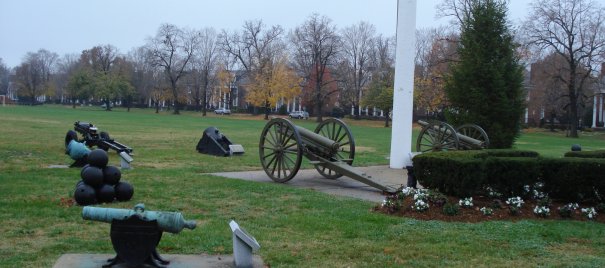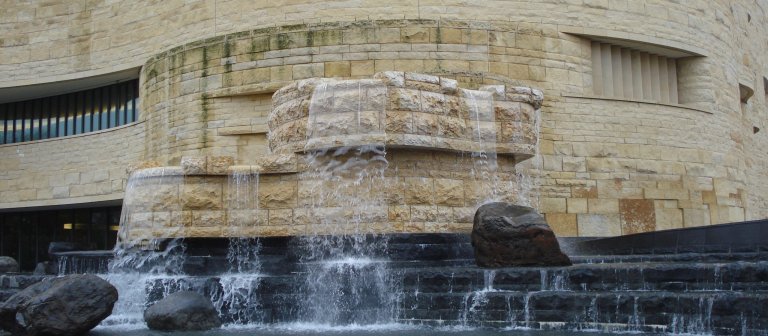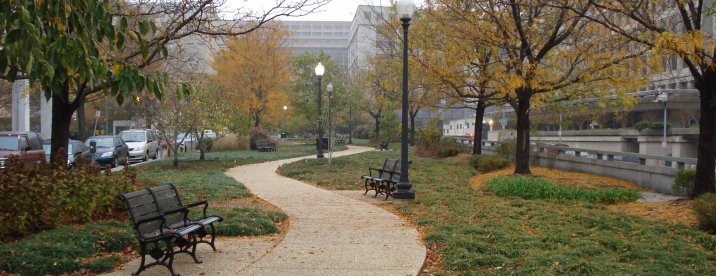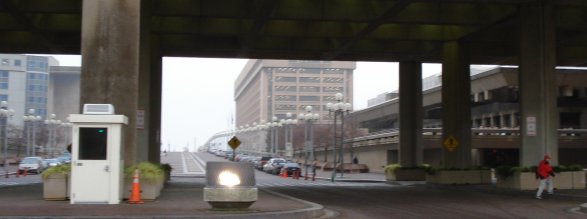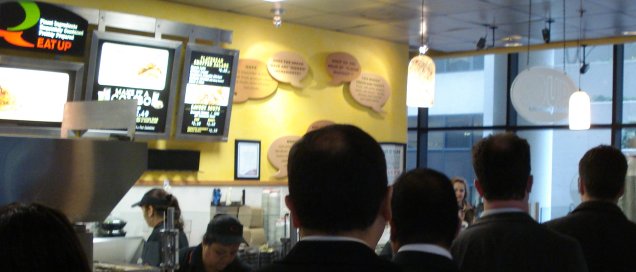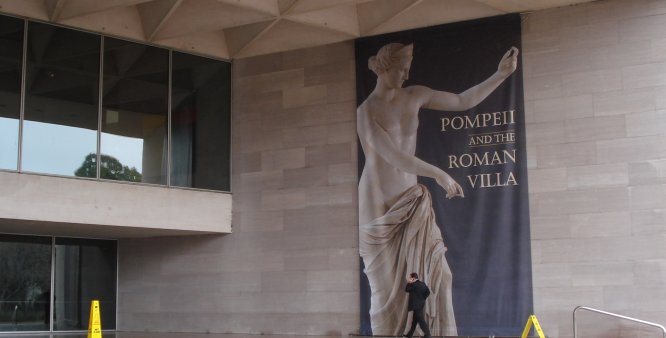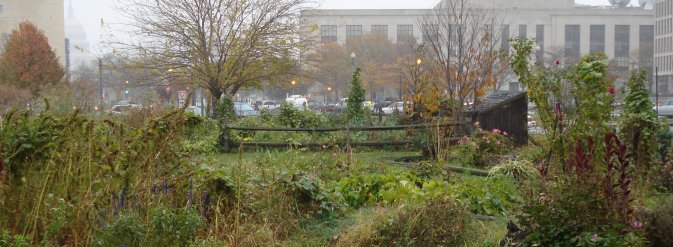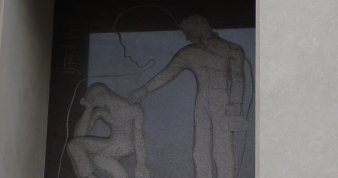I have given up sleeping, or put more correctly I don’t sleep much during the nights. I still have not adjusted to the jet lag and the conditions. I wake up during the night, impatient for the dawn. Today I got up at yesterday I got up at 530 and went running. Today I got up at 330 and wrote on the computer. Actually, I went to the MWR where they have a wireless internet connection, which is why I can post this entry.
This sleeping problem is unusual for me. I am usually more adaptive. But this is a weird place. If I had to mention one problem it would be the air conditioning. You cannot turn off the vent. Cold air blows in unremittingly and there is a steady draft, more like a 5 mph wind, throughout the can.
Anyway, I have been sitting here for a couple of hours. I have written some entries which I will post when I hitch them up with pictures.
Later today I have to make a presentation. Despite my fatigue, I am confident that it will go well. I am ready to go. I feel tired all the time but not acutely so. I can easily make it the next couple of days. I will be glad to be out of here.
I should leave the Middle East to those more in tune with its idiosyncracies. I don’t understand its politics or habits. Who builds a ski slope in one of the world’s hottest places? It is unnatural in the most basic sense. The pleasure palaces are like Las Vegas on steroids. Just because you can do something doesn’t mean you should. There is a problem of unearned wealth all over, but there is so much more of it around here. It is the classic rent seeking behavior. The locals provide little of the management and almost none of the labor or technology that produces the resource.
Wealth w/o effort is a moral hazard and the easy flow of oil explains lots of the troubles. This is the only region of the world w/o any real democracies. If the rulers can live off revenue pumped out of the sand through the efforts of others, they don’t have to consult the people who might actually produce something. The wealth can be used to placate or out flank opposition. Even more perniciously, such easy wealth destroys initiative and honest work. Why should anybody work for chump change when he can jump on the oil bandwagon of at least live off its droppings?
There will be momentary pinch now that the price of oil is falling off from it unsustainable highs, but we will not learn the lesson. The low prices drive out alternative fuels and bankrupt innovators. Then the price of oil goes up again. We need a carbon tax and now is the time to put it on. We have to take the pain in the short term for a better future.
Well these are the extent of my predawn thoughts after the days and nights of poor sleep. I believe I will wander over to the chow hall. It opens soon for breakfast. My IPOD has just begun playing “Hotel California.” Fitting.

